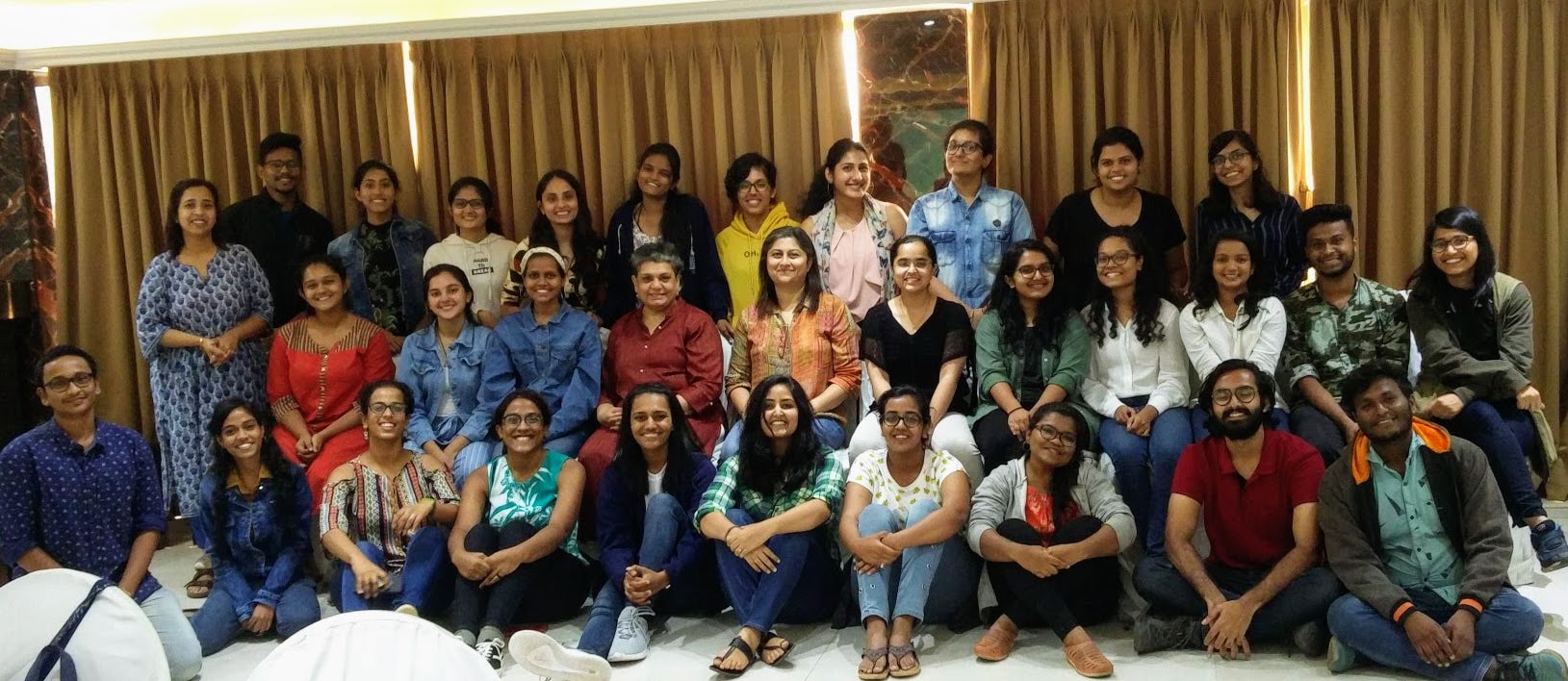Introduction
Every day thousands of Asian women driven by desperation, poverty and social stigma seek help from unskilled providers, or quacks, to end unplanned pregnancies. Every day more than 100 such women–many of them young girls just beginning their lives–die as a result. Tens of thousands more suffer life-long disabilities. In Asia, unsafe abortion accounts for 12 percent of all maternal, or pregnancy-related, deaths and claims the lives of 38,000 women each year, according to the World Health Organization.
By liberalizing restrictive abortion laws and allocating resources toward providing safe abortion services, governments can save the lives of tens of thousands of women every year. Unsafe abortion has reached such epic proportions in Asia that political will and civil society efforts need to be synergized to adequately address this issue.
To ensure reproductive and sexual health and reduce maternal morbidity and mortality, one of the most achievable interventions is to ensure that safe abortion services must be in place.
Medical abortion using a combination of mifepristone and misoprostol, or misoprostol alone has the potential to meet the needs of millions of women for a safe and affordable way to terminate an unwanted pregnancy. Asian countries like India and China are globally the largest producers of the Medical Abortion pill, yet public health programmes in Asia do not provide this on their drug schedule or programmes. Professional also sometimes lack the knowledge about how to use them and thus medical abortion is not accessible to the vast majority of women throughout the world who could benefit from it.
Organizational History
In March 2008, 37 participants from 13 countries met in Kuala Lumpur and formed the Asia Safe Abortion Partnership (ASAP), facilitated by ICMA. This network has members from Bangladesh, Cambodia, India, Indonesia, Malaysia, Mongolia, Nepal, Pakistan, Philippines, Sri Lanka, Thailand, Turkey and Vietnam. ASAP is the only such network in Asia and we work on south-south capacity building and providing a forum for experience sharing and interactions. Members and partners at country level are supported in their advocacy work through small grants, networking and capacity building opportunities.
ASAP Staff
- Dr. Suchitra Dalvie – Coordinator, ASAP
- Nandini Mazumder – Assistant Coordinator, ASAP
- Ayesha Bashir – Communication and Network Manager
-
Mahak Agrawal – Communication and Network Officer
- Ms. Sunita Mungekar – Accounts Officer
Steering Committee Members
- Dr. Subatra Jayaraj – Chairperson, Malaysia
- Prof. Suzanne Belton, Australia
- Yu Yang, China
- Zargoona Wadood, Pakistan
- Na Young, South Korea
- Desaree Soysa, Sri Lanka
